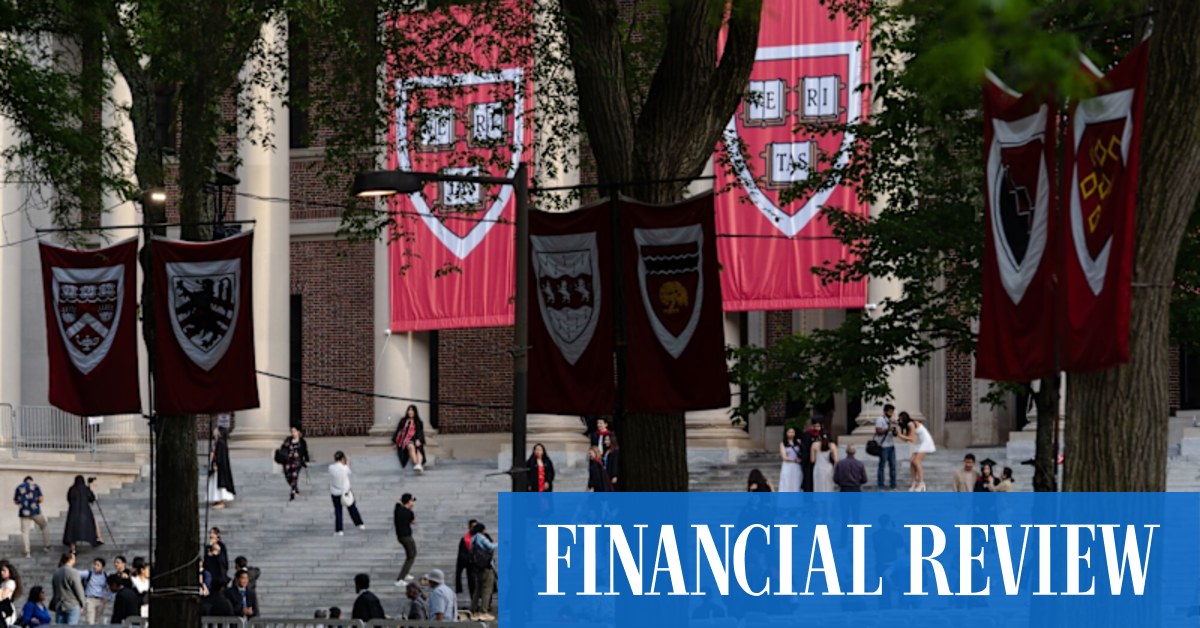US Visa Revocations: Crackdown on Chinese Students Sparks Concerns and Debate
The United States has seen a recent surge in visa revocations for Chinese students, sparking widespread debate and concern among academics, policymakers, and the broader public. While the US government cites national security concerns as the primary justification, critics argue the actions could harm academic collaborations and fuel existing tensions between the two global superpowers. This escalating situation demands a closer look at the underlying factors and potential consequences.
National Security Concerns vs. Academic Collaboration: A Delicate Balance
The US government’s official stance emphasizes the need to protect national security interests. Revocations often target students enrolled in STEM (Science, Technology, Engineering, and Mathematics) fields, citing concerns about potential technology transfer or intellectual property theft. This approach aligns with a broader trend of increased scrutiny towards Chinese investments and technological advancements.
- Specific Concerns: The government points to instances of alleged espionage and intellectual property violations by Chinese nationals as justification for the stricter visa policies.
- Impact on STEM Fields: The crackdown disproportionately affects students pursuing advanced degrees in crucial technological fields, potentially hindering future scientific breakthroughs and technological innovation.
- Deterrent Effect: The increased risk of visa revocation may discourage talented Chinese students from applying to US universities, impacting the diversity and competitiveness of American institutions.
However, many argue that this approach overlooks the significant contributions of Chinese students to American research and innovation. These students often bring unique perspectives, skills, and funding opportunities to US universities. A blanket approach to visa revocations risks damaging valuable academic partnerships and stifling scientific progress.
The Broader Geopolitical Context
The visa revocations occur within a larger context of growing US-China tensions. Trade disputes, technological competition, and differing geopolitical ideologies all contribute to a climate of mistrust. This makes it challenging to separate national security concerns from broader geopolitical considerations.
- Trade War Fallout: The ongoing trade war between the US and China has undoubtedly exacerbated existing tensions, leading to increased scrutiny of Chinese individuals and entities operating within the US.
- Technological Competition: The fierce competition between the US and China in key technological areas, such as artificial intelligence and 5G, further intensifies security concerns.
- Impact on International Relations: The actions raise questions about the future of international academic collaboration and exchange programs, potentially chilling cooperation in other crucial areas.
Looking Ahead: Navigating the Challenges
The situation surrounding US visa revocations for Chinese students is complex and multifaceted. Finding a balance between protecting national security and fostering international academic collaboration is crucial. This requires:
- Transparency and Due Process: Clearer guidelines and a more transparent process are necessary to ensure fairness and prevent arbitrary revocations.
- Targeted Approach: Instead of broad-stroke policies, a more targeted approach that focuses on individuals with credible evidence of malicious intent would be more effective.
- Strengthening International Dialogue: Open communication and diplomatic efforts between the US and China are vital to de-escalate tensions and find common ground.
The future of US-China relations, and the role of academic exchange within this relationship, remains uncertain. This ongoing situation requires careful consideration and proactive solutions to prevent irreparable damage to scientific progress and international cooperation. The long-term consequences of this crackdown will be felt far beyond the immediate impact on individual students. It's a situation that needs continued monitoring and thoughtful analysis from all stakeholders.
Call to Action: Stay informed about developments in US-China relations and advocate for policies that promote open collaboration while ensuring national security. Engage in discussions surrounding this complex issue to contribute to a more nuanced and informed understanding.

